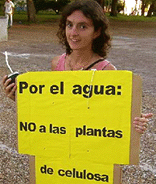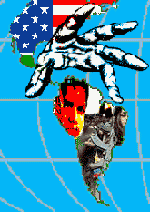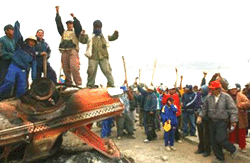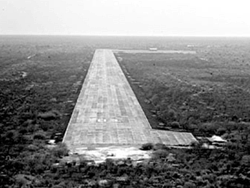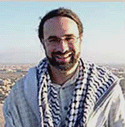
Unembedded Reporting From Iraq: An Interview with Dahr Jamail
In 2003, tired of the US media's inaccurate portrayal of the realities of the Iraq War, independent journalist Dahr Jamail headed to the conflict himself. Instead of following in the footsteps of mainstream media's embedded, "Hotel Journalists," Jamail hit the Iraqi streets to uncover the stories most reporters were missing. His countless interviews with Iraqi citizens and from-the-ground reporting have offered a horrific look into the bowels of the US occupation. From covering the bloody siege of Falluja to breaking a story on Bechtel's failure to reconstruct water treatment plants, his writing and photographs depict an Iraq that is much worse off now than it was before the US invasion. As one Abu Ghraib detainee explained to Jamail, "the Americans brought electricity to my ass before they brought it to my house."

